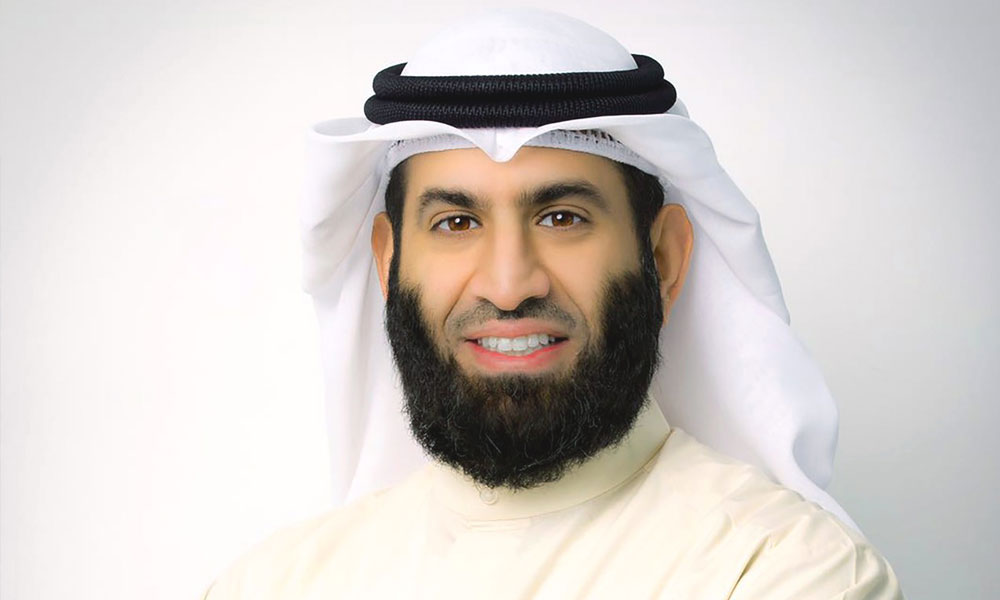Kuwait: The coronavirus (COVID19) pandemic had a great impact on the global community, leading several countries to impose strict health measures to try and contain the spread of the virus.
The World Health Organization (WHO) had designated COVID-19 as a pandemic in 2020, calling on governments around the world to take measures such as lockdowns to help curb the spread.
The State of Kuwait on its part imposed lockdowns and implemented steps in accordance with guidelines set by WHO and the national emergency committee to monitor COVID-19.
On February 27, 2020, Kuwaiti authorities began to medically screen those returning to Kuwait and imposed quarantine on passengers to make sure they were free of the virus.
As infection racked up globally, a partial lockdowns were imposed in Kuwait on March 22, 2020 from 5:00 p.m. until 4:00 a.m.
Authorities in Kuwait had to extend the lockdown and imposed a full curfew on May 10-30 of the same year all in an effort to prevent COVID-19 from spreading.
Hotels and the Jaber Al-Ahmad sports stadium were converted to quarantine facilities in April of 2020 and wards were expanded in hospitals and other facilities in Kuwait to help in the COVID-19 countermeasures.
On December 24, 2020, Kuwait launched its very first COVID-19 vaccination campaign throughout the country.
The State of Kuwait, thanks to its strategic medical reserves, had managed the pandemic with a high sense of professionalism and solemn effort, said Health Ministry Assistant Undersecretary for Medicine and Food Monitoring Dr. Abdullah Al-Bader.
Dr. Al-Bader added that Kuwaiti officials have been monitoring the global situation closely, making sure that the country had the necessary stockpiles to address this unprecedented challenge.
In May of 2020, the State of Kuwait was in communication with major pharmaceutical companies in the US, the UK and China to ensure that the people in Kuwait had the chance to be vaccinated, he added.
Dr. Al-Bader affirmed that Kuwait had successfully managed to curb the spread of the coronavirus and expressed confidence that state authorities were able to face any infection spike of the virus.
Head of the Ministry of Health's COVID-19 team Dr. Hashem Al-Hashemi, on his part, said that Kuwait had taken the necessary measures to protect its citizens and residents, noting that the state first repatriated, during the pandemic, 31,000 Kuwaitis stranded abroad via 185 flights from 58 countries.
He indicated that all social gatherings and public spaces were off limits during lockdown, adding that restaurants and places of leisure were closed as well as regular flights were suspended for 14 days in accordance with the state's emergency plans.
Al-Hashemi also noted that the Ministry of Information had launched a site to refute all rumors spread during the pandemic.
The state's efforts also included the launch of the Shlonik (how are you?) application to bring back Kuwaitis from abroad and determine their identity, he said.
While Kuwait took care of its own, it also extended hands during the pandemic, providing USD 40 million to WHO to help in the donation of medical supplies for several countries.
Meanwhile, head of the public health department at the Health Ministry Dr. Mohammad Al-Suaidan noted that social media and the internet had played a part in spreading information as well as disinformation during the pandemic.
Rumors and falsehood are very dangerous during such trying times, added Dr. Al-Suaidan, affirming that the State of Kuwait had focused its efforts to refute fake news and reinforce scientifically proved data.
The so-called "information pandemic" was met with documented facts to prevent people from being misled, he said, reiterating that regular media such as television and radio also aided in the fight against false information.
On the subject of a possible spike in coronavirus cases, Dr. Hamad Bastaki -- head of the infectious diseases department -- said that updating the state's emergency plan would suffice.
The Ministry continues to monitor all infectious diseases including COVID-19, taking necessary steps to boost public health response in adequate manner, he affirmed.


